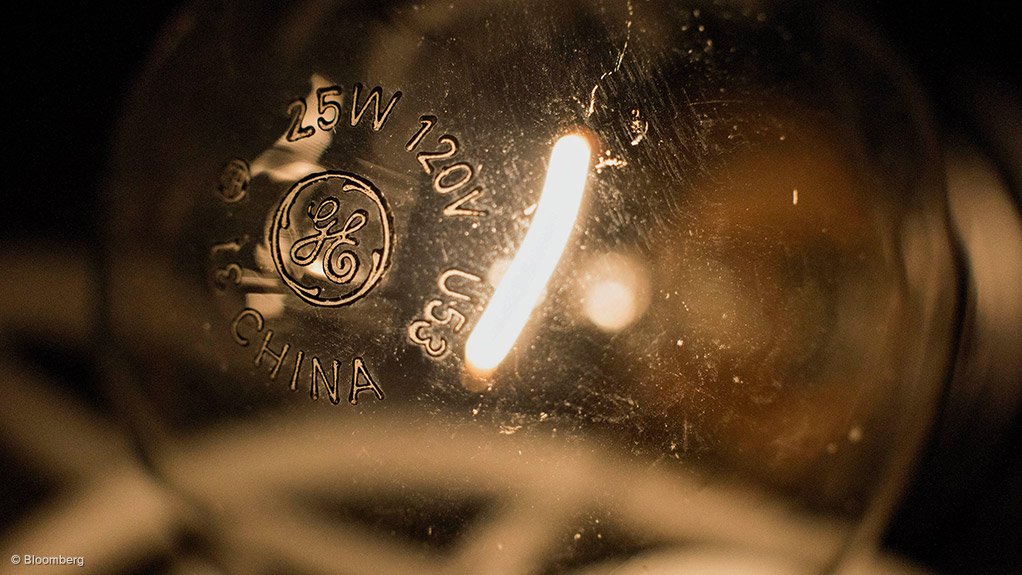The South African Chamber of Commerce and Industry (Sacci) on Thursday proposed sweeping measures to tackle the country’s enduring energy crisis, reiterating at a press gathering in Johannesburg that the existing power deficit was “no longer simply an Eskom problem”.
Acting CEO Peggy Drodskie noted that, following a recent meeting between the chamber and the power utility to chart a way forward, Sacci members had put forward several immediate, medium-term and long-terms proposals aimed at easing the country’s energy burden, while protecting the interests of business.
Among the immediate considerations – implementable within three weeks – members proposed that load shedding be restricted to residential areas during the day and that municipalities and Eskom adhere strictly to published load shedding schedules.
“This is very important, as the biggest problem [for businesses] at the moment is the unpredictability of power supply,” she remarked.
A more radical short-term proposal by the chamber was the division of working hours into three shifts, with some businesses operating between 08:00 and 16:00, others between 16:00 and 00:00 and the remainder between 00:00 and 08:00.
This would, however, require businesses to operate in shifts without the need to compensate for work outside normal hours, which Drodskie conceded would likely not receive buy-in from labour.
“This could be done voluntarily by businesses [and employees], but negotiations with labour are likely to take longer than three weeks. This measure has previously been implemented by China through a government decree and South Africa could consider [making it] a proclamation,” she said.
Sacci further advocated for the possible introduction of a three-shift system at the developing Kusile and Medupi power stations, thus accelerating their supply of power to the national grid.
A more drastic temporary proposal was the division of the country into four timezones, with KwaZulu-Natal and Mpumalanga starting the working day an hour before Westerly regions, such as the Northern and Western Cape.
This could be done either voluntarily or by proclamation.
“We’ve had a look at this option in the past before and rejected it, but perhaps it can be introduced as a temporary measure to relieve pressure on the power system,” she commented.
Sacci members also called for immediate promulgation of the Independent Services and Market Operator Bill to ensure legislative clarity, as well as the convention of an electricity summit at which possible solutions could be “thrashed out”.
Moreover, the categorisation of power stations into A, B and C facilities should be reevaluated to ensure that those power stations that required minimal maintenance or repair work were prioritised over those that required a more extensive overhaul.
“We should place priority on category A power stations – those that require the least amount of work – and get these stations to peak capacity even if it means taking out a unit [temporarily] to achieve this.
“Category B should be the next priority and category C units attended to as the lowest priority,” Drodskie maintained.
Over the medium term, the chamber believed that industries should be enabled to generate power to sell into the grid immediately, with some members indicating that this could be achieved “within a matter of days”.
In addition, Eskom should turn its attention to mitigating rampant electricity theft and collecting all outstanding debt from municipalities.
To further increase energy generation capacity, government should investigate the possibility of placing combined-cycle power barges offshore, which generated electricity from natural gas or diesel fuel.
“I’ve been told by [local companies in this field] that barges can be placed offshore within three months. There is already a South African company doing this in Ghana,” she noted.
An additional medium-term recommendation was the implementation of power generation at waste operations by private-sector operators, as well as at a municipal level.
Over the long term, Sacci suggested the possible privatisation of Eskom, despite stating that “a private monopoly is no better than a State-owned one”, as well as the investigation of a municipal funding model that reduced the cross-subsidisation of services by electricity revenues.
“We hope that some of these views are taken seriously by the Eskom ‘war room’. Whether they are implemented or not, it is a way of [making the utility] conscious of the collective input from business,” commented Sacci president Vusi Khumalo.
Drodksie added that, while some of the proposals may, at face value, “seem a bit silly”, every alternative to systematic load shedding and power outages needed to be explored.
Engineering News Online could not reach Eskom for comment.
EMAIL THIS ARTICLE SAVE THIS ARTICLE
To subscribe email subscriptions@creamermedia.co.za or click here
To advertise email advertising@creamermedia.co.za or click here











